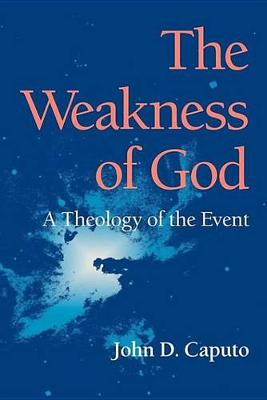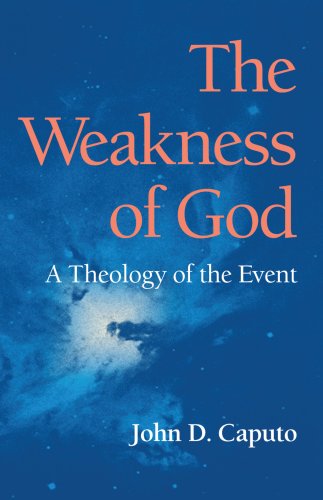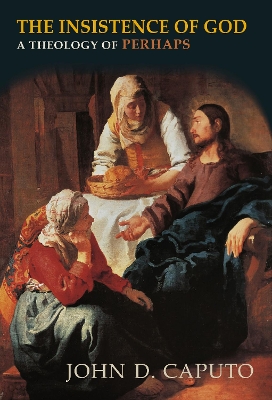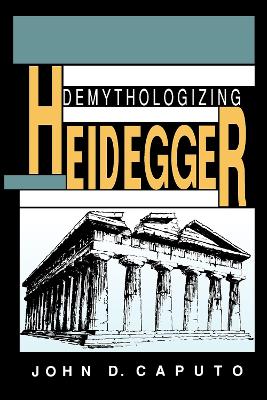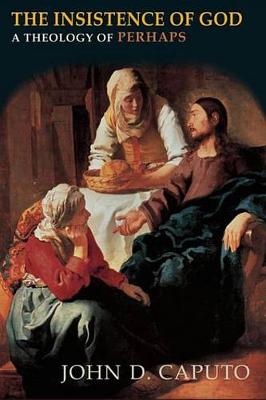Indiana Series in the Philosophy of Religion
7 total works
The Insistence of God presents the provocative idea that God does not exist, God insists, while God's existence is a human responsibility, which may or may not happen. For John D. Caputo, God's existence is haunted by "perhaps," which does not signify indecisiveness but an openness to risk, to the unforeseeable. Perhaps constitutes a theology of what is to come and what we cannot see coming. Responding to current critics of continental philosophy, Caputo explores the materiality of perhaps and the promise of the world. He shows how perhaps can become a new theology of the gaps God opens.
"Caputo offers a compelling plea for a reinterpretation of Heidegger that will make us more humane, and more attuned to the call of justice and mercy than to the call of Being." -Christian Century
"There is no other book that focuses on the religious significance of the many 'turnings' in Heidegger's thought, nor that addresses the question of Heidegger's politics textually rather than autobiographically." -Merold Westphal
A readable chronological consideration of Heidegger's texts that assesses his achievement as a thinker, while pointing to the sources of his political and ethical failure. Caputo addresses the religious significance of Heidegger's thought.
